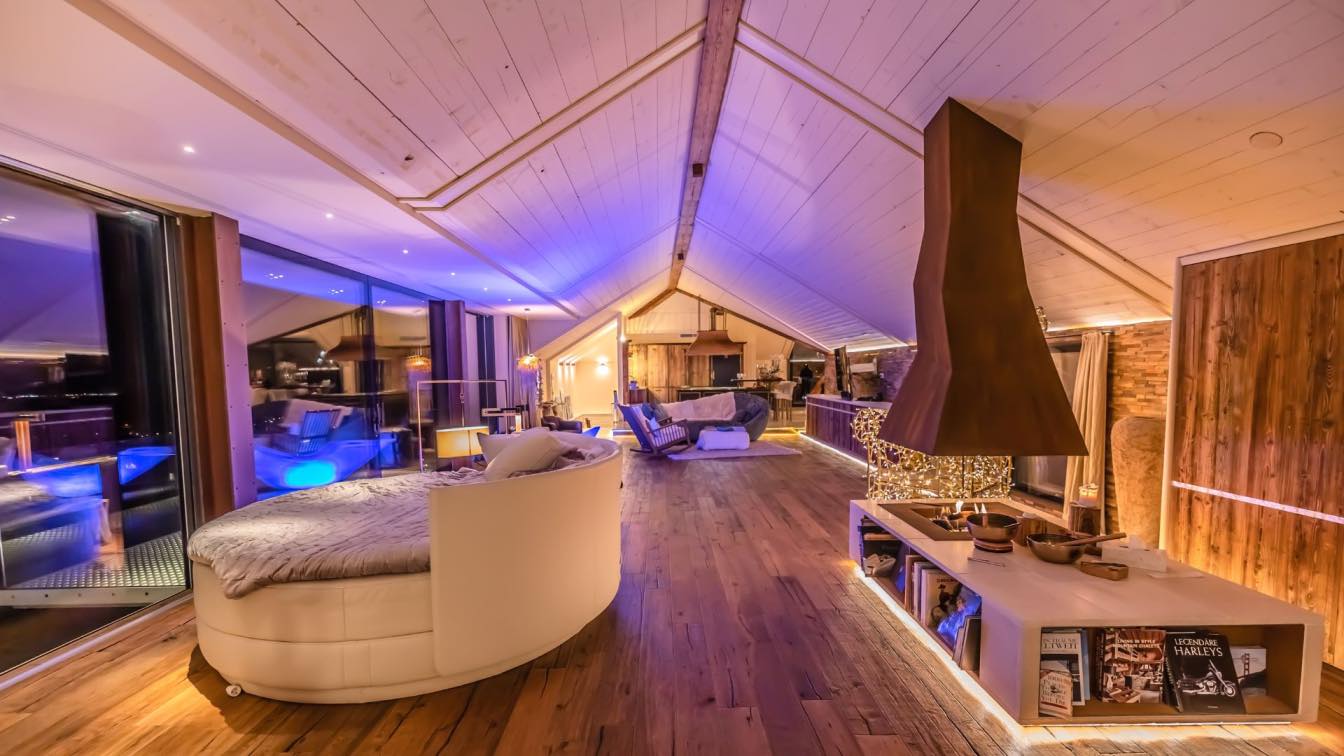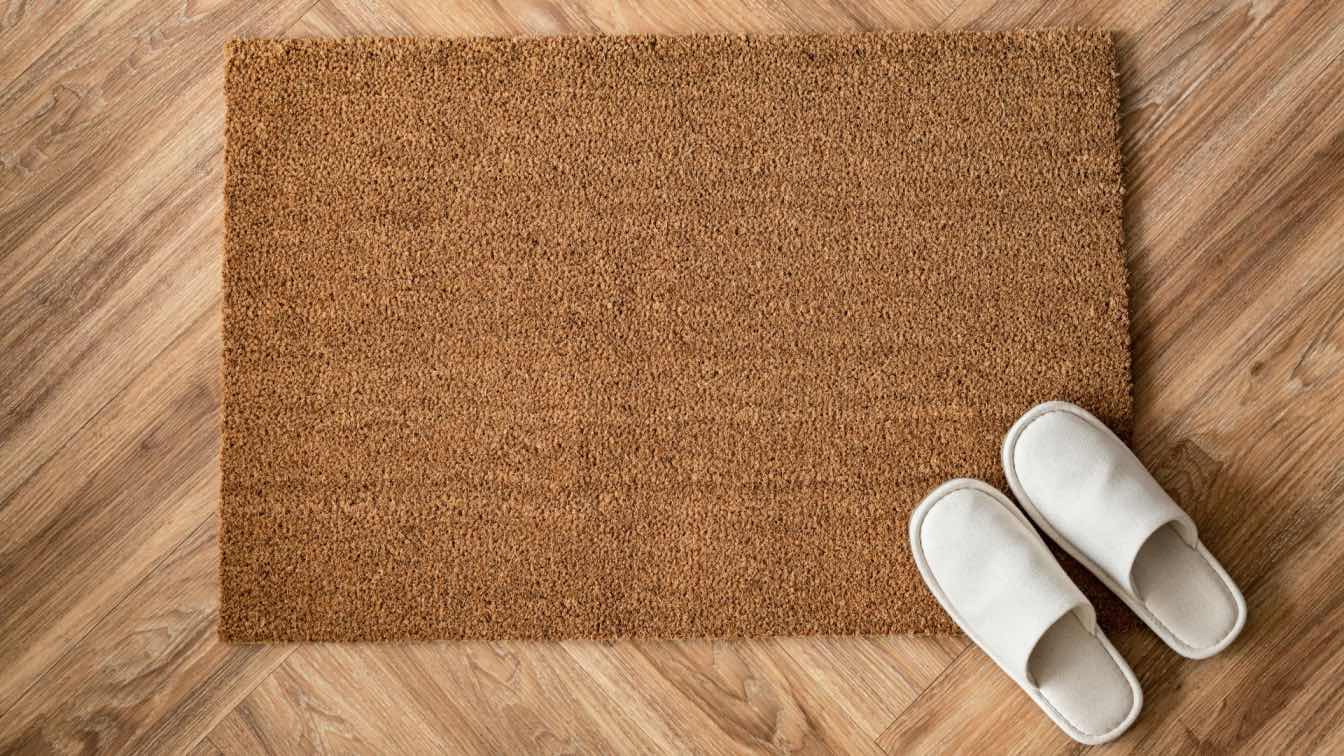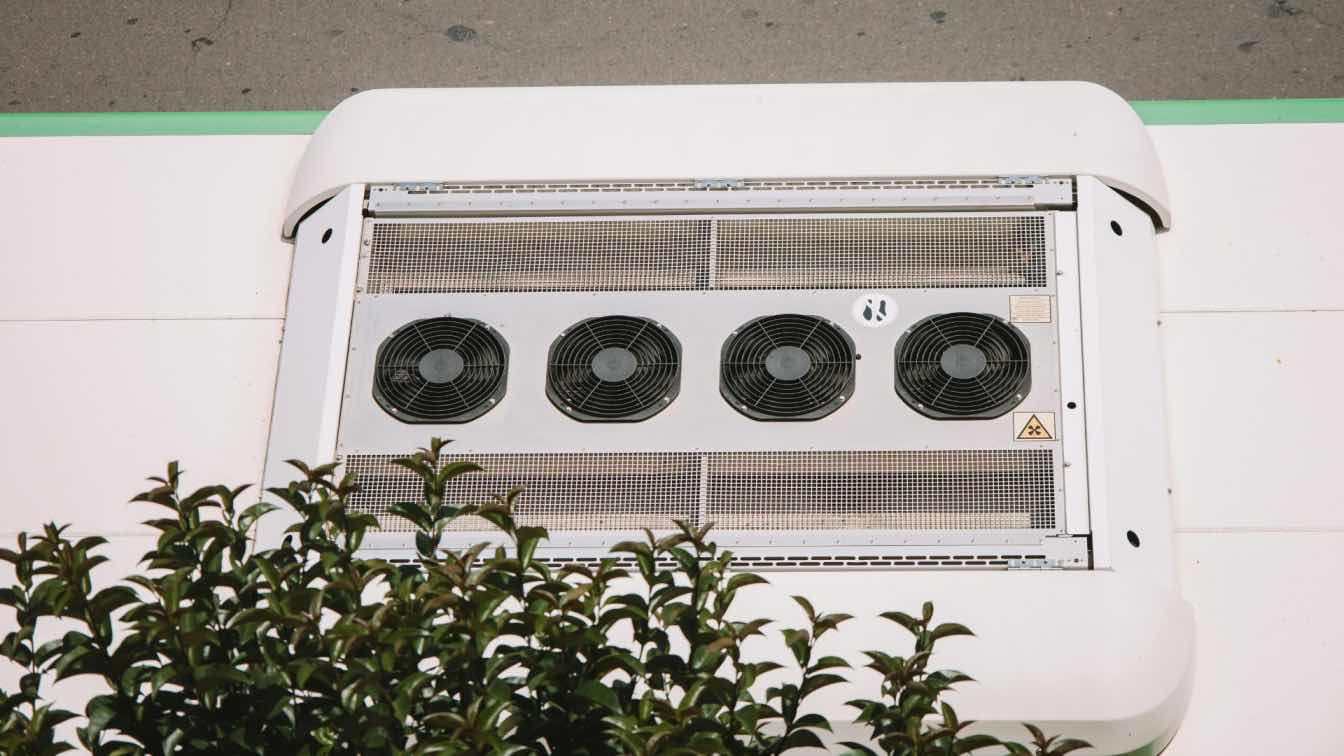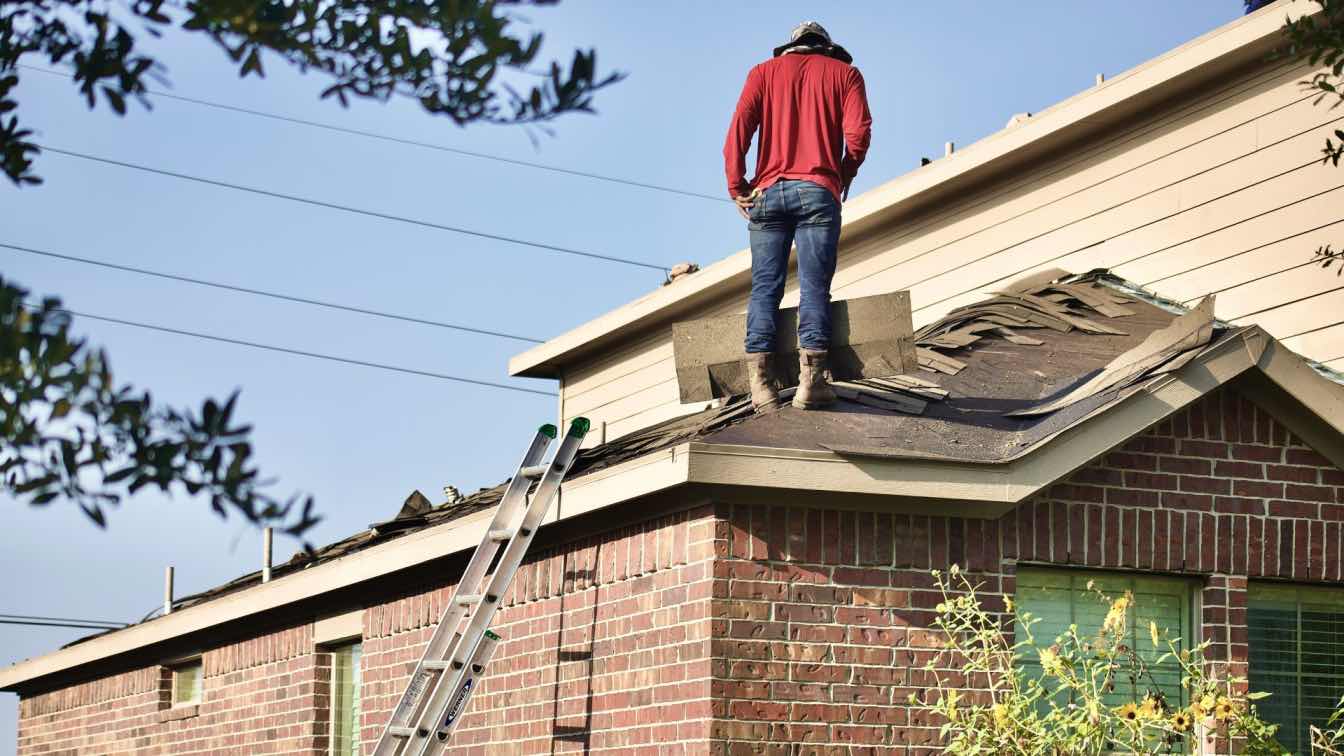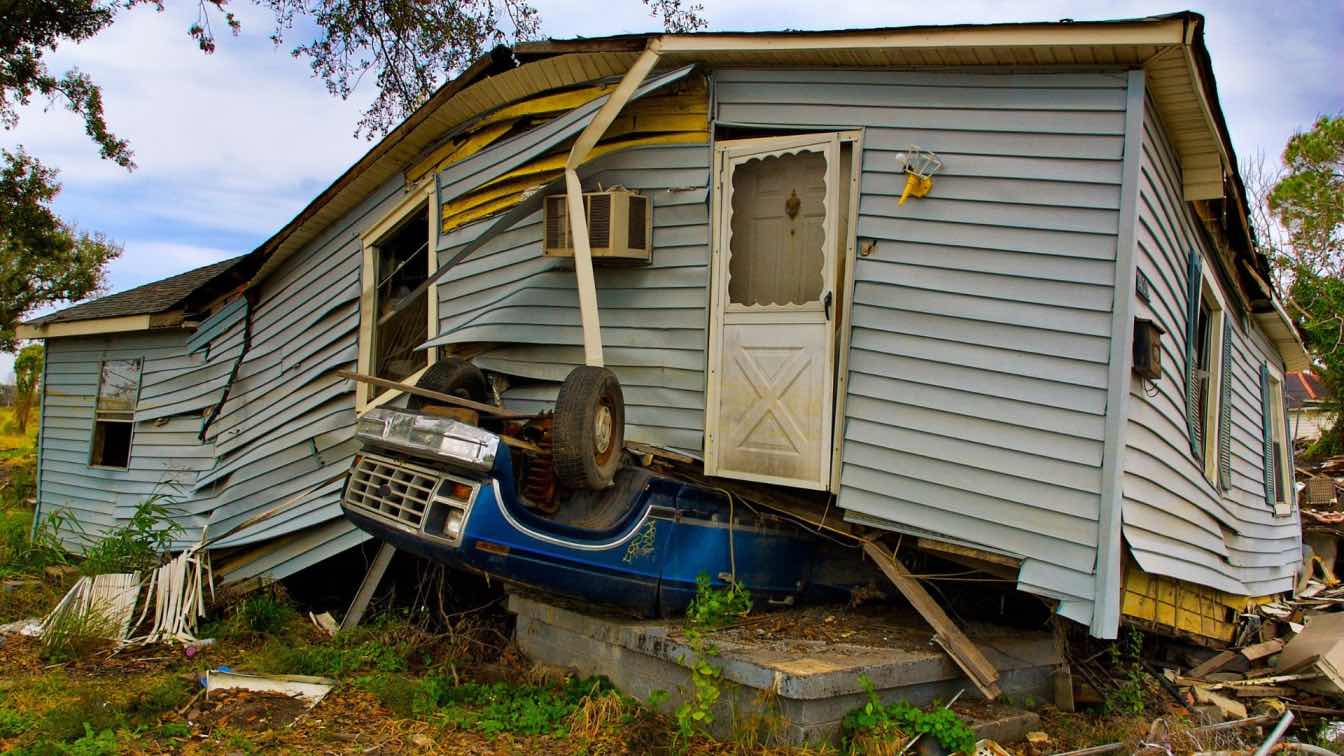When the mercury drops, homeowners must consider which heating system will keep them warm and toasty this winter. With so many home heating options, it can be challenging to figure out which offers the most heat, control, life expectancy, and efficiency.
Your choice of heating system will depend on where you live, the size of your home, and the materials available to you. Today, 55% of new U.S. homes are powered by gas, making it the most popular fuel choice, even if not the most eco-friendly.
Here are the heating choices all homeowners need to know about in time for the winter.
Furnace
The furnace powers forced air distribution systems to deliver heated air throughout the rooms of your home via ducts.
Forced air systems use the same ductwork as your air-conditioning system, meaning you can use the same system throughout the summer for cooling purposes. In addition, your furnace can be powered by natural gas, oil, propane, or electricity, making it one of the most flexible and widespread heating systems available.
Boiler
You’re more likely to find boilers in older homes and apartment buildings. A central boiler circulates water or steam through pipes and into your home's radiators.
Boilers perform exceptionally for zoned heating and cooling. However, boilers are only effective if you need to heat spacious areas all at once. Sadly, you cannot combine a boiler with your air-conditioning system.
Fireplaces
The old-fashioned fireplace has the advantage of being an attractive, pleasant option. There’s nothing quite like the fireplace crackle and the flames' hypnotizing gaze. Fireplaces are becoming more common in contemporary homes as people look to regain the cozy living areas of their childhoods.
Urban fireplaces are commonly powered by gas, but if you live in a rural area, recycled wood can also be used. Depending on where you source your wood, fireplaces can be surprisingly eco-friendly.
Seek a hearth & fireplace installer in Frostburg, MD, to get a quote on installing a fireplace in your home or to ask any questions about the benefits.
 image © Woody Kelly
image © Woody Kelly
Heat Pumps
For cutting-edge home heating technology, choose a heat pump. Heat pumps operate similarly to air-conditioning systems because they extract heat from the air and deliver it throughout your home. Ductless heating systems are the most common forms of heat pumps available.
To install a heat pump, you need a small outdoor compressor unit and several indoor air handlers in different rooms. It’s a process that’s not suitable for DIY enthusiasts, so take advantage of professional heat pump installation in your area so that your investment in all this gear bears fruit. Like classic HVAC systems, heat pumps can be switched to cooling mode during the summer months.
Heat pumps provide more precise temperature control, and you don’t need to worry about installing expensive ductwork. However, be aware that heat pumps perform less efficiently in frigid climates.
In-Floor Radiant
Larger homes can feel impossible to heat with conventional systems. The solution to this issue is in-floor radiant systems.
Radiant systems are designed to provide even heating throughout entire homes. Nearly all these in-floor systems involve plastic water tubing hidden inside concrete slab floors or adhered to the bottom of wooden floors. Expect to pay a premium for more advanced systems compatible with stone tile and ceramic floors.
Drew Mauro From Greenwave Distribution tells us that the expected amount to be paid usually sits in the region of $7.9-15 for electric radiant underfloor heating per square foot and hydronic is more like $6-$20.
Compared to other heating systems, in-floor radiant systems are extremely quiet. However, they can be slow to heat up and require constant temperature tweaks. Moreover, if you experience maintenance problems, you will likely have to tear up the flooring to access the piping system.
Electric Resistance
Typically, electric resistance heating is used as a supplementary heating system to cover any problems if your primary heating system goes down. Electric resistance systems are versatile but expensive to run because of the high cost of electricity, which is why you’ll rarely see anyone using them as a primary heating option.
Installing a secondary heating system is smart, especially if you live in a remote area. Approximately 37% of U.S. households have at least one additional heating system, making the practice more common than ever.
Due to the lack of moving parts, electric resistance heating systems require almost no air handlers, maintenance, or ductwork. However, working with heating engineers is crucial for creating a safe, efficient system. Thankfully, you can easily find heating engineers near Glasgow and other major cities in the U.K. Improper installation can present fire hazards, so always leave it to the professionals.
Baseboard Heaters
Baseboard heating systems, also known as hydronic heating, utilize radiant heating to keep homes at the right temperature.
Hot water baseboard heating systems use a central boiler. The central boiler heats the water and circulates it through pipes to discreet baseboard heating units in each room you want to cover. Essentially, baseboard heaters are the more modern version of traditional radiators.
These heating units support the heated air to rise while pushing back cold air into the unit for heating.
Electric Space Heaters
Plug-in or portable electric space heaters are some of the oldest types of heating systems. These are entirely portable and only need to be plugged into an electrical source.
Electrical space heaters are most commonly found in states like Florida, Arizona, and California, where extended periods of cold weather aren’t the standard.
Space heaters produce targeted heat within just a few minutes, making them one of the fastest heating sources. However, be aware that electric space heaters are known for consuming large amounts of electricity, which could push up your utility bills.
There’s also the danger of leaving space heaters unattended. Due to the high heat levels, they can push out, and leaving them unattended could inadvertently cause a fire.
Homeowners in colder climates may consider purchasing a couple of these heaters as a supplemental heat source for an emergency.
Mini Split Heaters (And Cooling)
For homes with “non-ducted” heating systems, mini-splits are likely to be an affordable and efficient retrofit add-on for your home.
As with standard air-source heat pump systems, mini-splits have two main components. An outdoor compressor/condenser combined with an indoor air-handling unit. Finally, they have a conduit that houses the power cable, suction tubing, refrigerant tubing, and condensate drain, which links to outdoor and indoor units.
Thanks to their small size and flexibility for zoning or heating and cooling individual rooms connected to one unit, these units tend to be far more lenient on your monthly utility bills. Studies have shown a 30% increase in home efficiency compared to ducted heating systems.
Homeowners also have far more flexibility with their interior design. These units can be hung/hidden/mounted almost anywhere in your home, controlled via a remote-control system for convenience
Conclusion
Choosing the right heating source for your home depends on how much maintenance you want to take on, your budget, and your needs. You also need to consider any secondary heat sources to act as a backup in case your primary heating system experiences problems.
With rising energy bills, your choice of heating system has never been more important for keeping more money in your family’s pocket.
Do your research to ensure you have a suitable home heating system. What’s your current choice of heating system?

